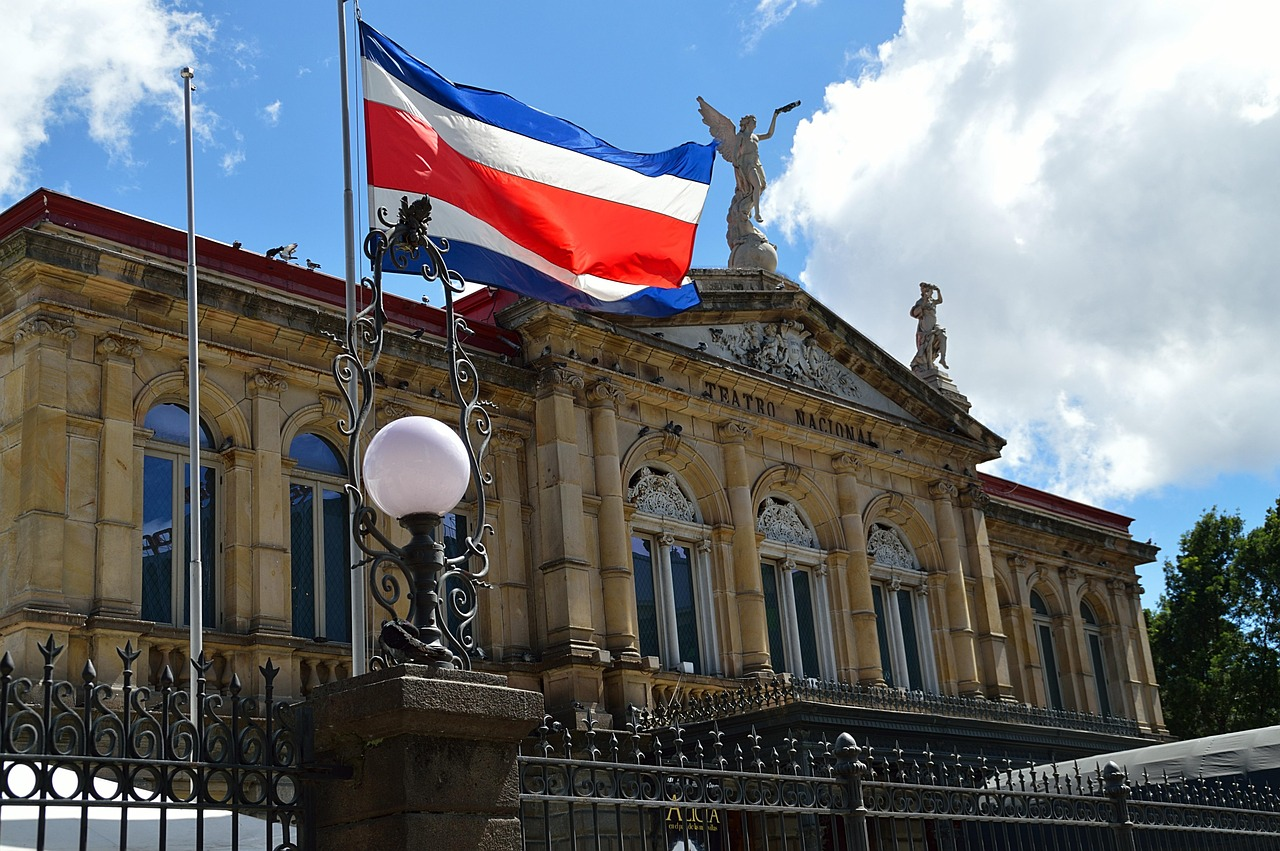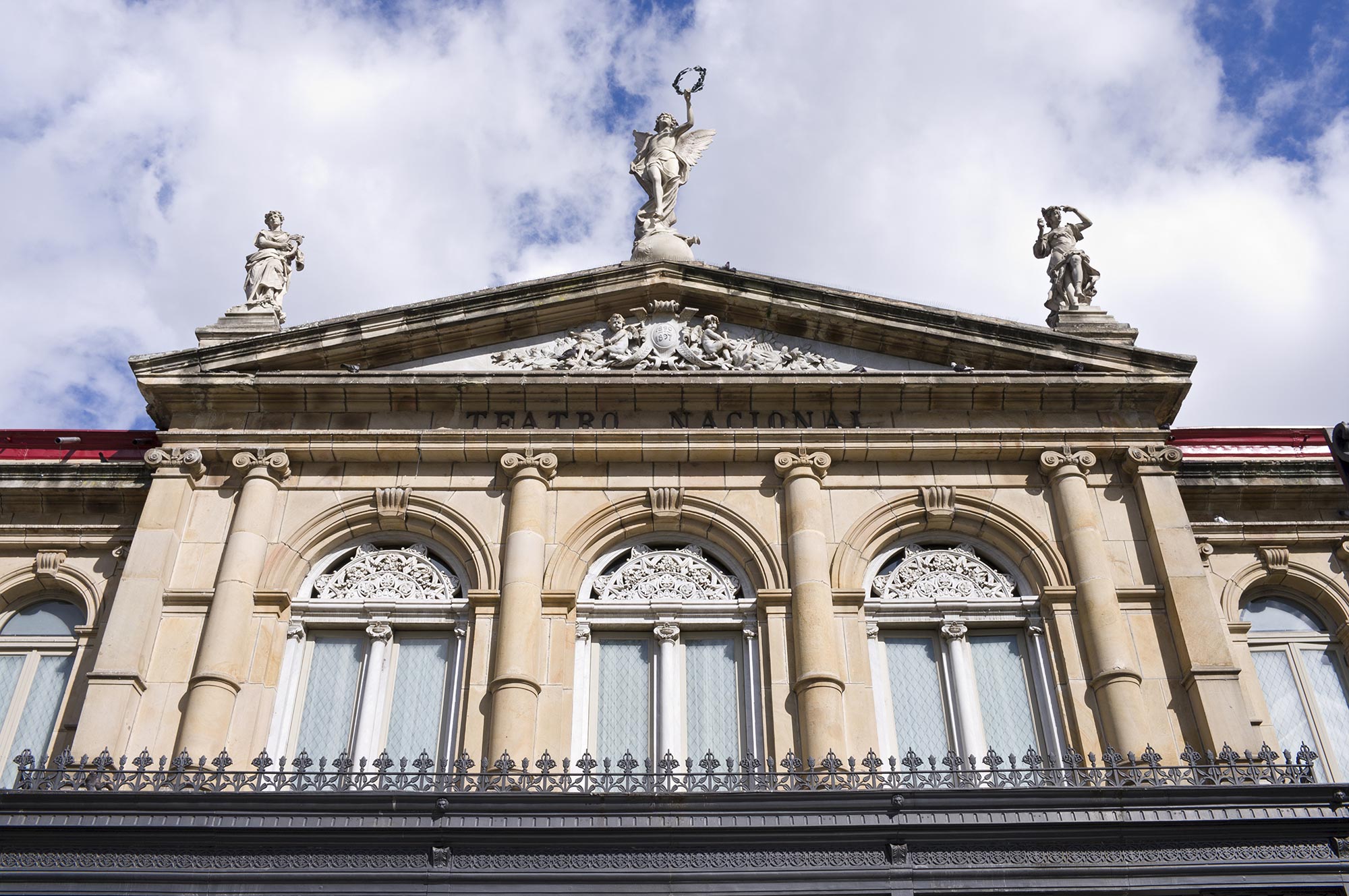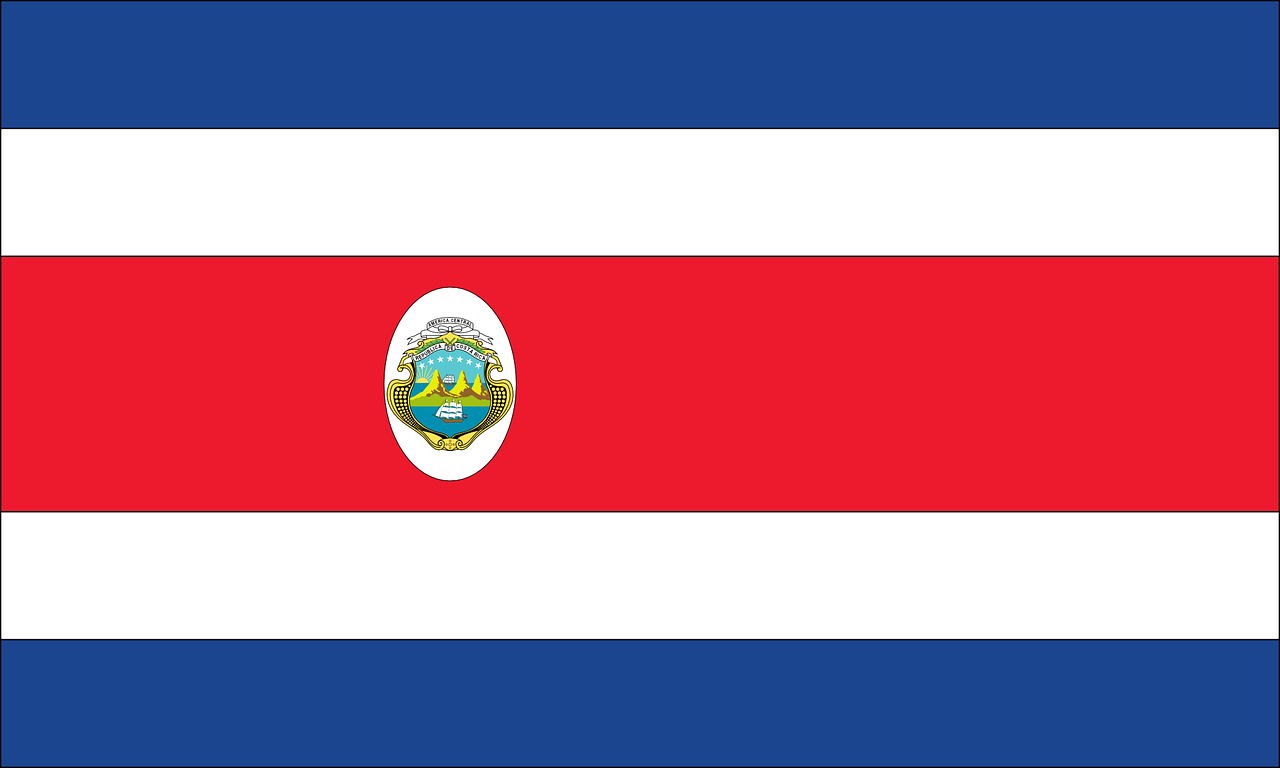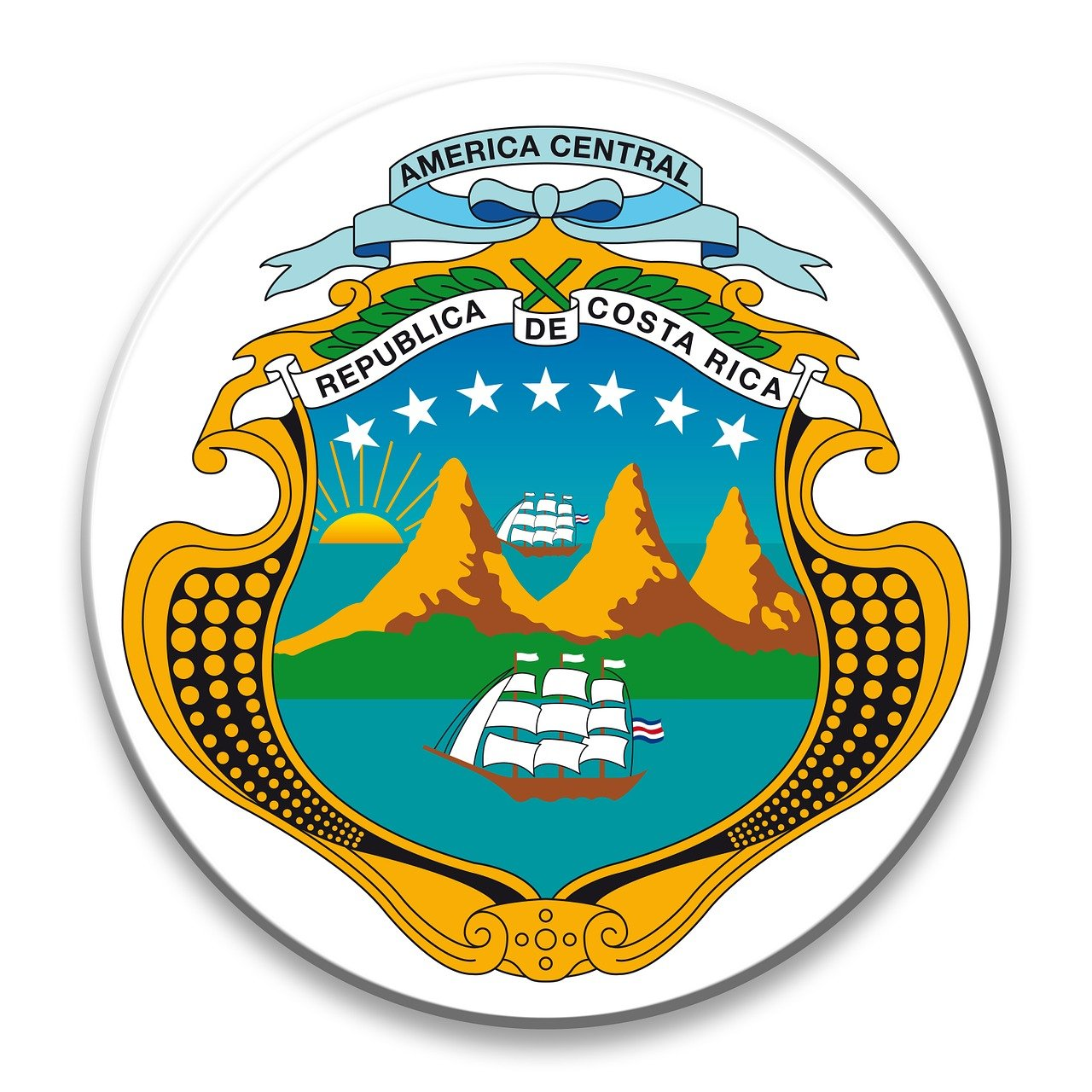
If you’ve ever dreamed of retiring to a tropical paradise where the pace of life is calm, the people are friendly, and the scenery is breathtaking — Costa Rica might just be your ideal destination. Among the different residency options available in this beautiful Central American country, the Pensionado Residency Program stands out as one of the most popular choices for retirees.
This program offers foreign retirees the opportunity to enjoy a comfortable lifestyle, legal residency, and access to Costa Rica’s exceptional healthcare system — all while living amidst lush jungles, pristine beaches, and mountain towns full of charm.
Let’s explore everything you need to know about obtaining Pensionado Residency in Costa Rica — from eligibility requirements to benefits, costs, and practical tips for starting your new life in paradise.
What Is Pensionado Residency?
The Pensionado Residency Program (also known as the Retiree Residency) is designed for foreign nationals who receive a stable, lifelong pension or retirement income. This category allows retirees to become legal residents of Costa Rica without the need to work or invest large sums of money.
It’s a straightforward and affordable way for retirees to enjoy long-term residency in one of the world’s most beautiful and stable countries.
Minimum Income Requirement
To qualify for Pensionado Residency, you must show proof of a lifetime pension or retirement income of at least $1,000 USD per month.
This income must come from a permanent and guaranteed source, such as:
- Government or military pension
- Social Security benefits, Canadian Pension plan / Old Age Security, etc.
- Private company pension plan
- Lifetime annuity
Note: The income cannot come from employment, business activities, or rental income — it must be a fixed, guaranteed lifetime payment.
Required Documents
When applying for Pensionado Residency, you’ll need to prepare and legalize the following documents:
- Proof of Pension or Income – An official letter from the pension plan administrator stating the monthly amount and confirming it’s for life.
- Birth Certificate – A certified and apostilled copy from your home country.
- Police Clearance Certificate – Showing no criminal record, issued within six months before the application is filed5.
- Marriage Certificate (if applicable) – For spouses applying together.
- Passport Copy – All pages, including blank ones.
- Application Form and Fingerprints Taken in Costa Rica – Completed during the process in Costa Rica.
All foreign documents must be apostilled or legalized and translated into Spanish by an official Costa Rican translator.
Application Process
- Gather Documents in Your Home Country – Make sure they are apostilled before you travel to Costa Rica.
- Submit Application to Immigration (DGME) – Either directly or through your attorney in Costa Rica.
- Receive Approval (Resolución) – Processing time is typically between 9 to 14 months.
- Obtain DIMEX (Residency ID Card, similar to a “Green Card” in the United States) – Once approved, you’ll receive your Costa Rican residency card.
You’ll also be required to enroll in the Costa Rican Social Security System (Caja Costarricense de Seguro Social) and pay a small monthly fee based on your declared income.
Benefits of Pensionado Residency
Choosing Pensionado Residency in Costa Rica offers numerous advantages:
✅ Legal Residency – Live in Costa Rica year-round without worrying about visa renewals.
✅ Healthcare Access – Must join the national healthcare system (Caja), known for high-quality medical care.
✅ Tax Benefits – No taxes on foreign income, pensions, or investments earned outside Costa Rica.
✅ Import Duty Exemption – You can import personal household items duty-free (once) and a new vehicle with significant tax reductions.
✅ Path to Permanent Residency – After three years as a Pensionado resident, you can apply for permanent residency.
✅ Easy Family Inclusion – Spouses and dependents can be included under the main applicant’s status.
Lifestyle and Cost of Living
Retirees love Costa Rica for its laid-back lifestyle, friendly locals, and breathtaking natural beauty. Whether you prefer the beach towns of Guanacaste, the cool climate of Atenas and Grecia, or the vibrant urban life of San José, there’s a perfect place for every lifestyle and budget.
The cost of living in Costa Rica is often lower than in North America or Europe. A couple can live comfortably on US$2,000–$2,500 per month, depending on location and lifestyle choices.
Tips for a Smooth Residency Process
- Work with a reputable residency consultant, like ResidencyincCostaRica.com, to ensure all paperwork is correctly filed.
- Keep all original documents and apostilles safe during the process.
- Open a local bank account once you have your residency approval.
- Travel during processing – You can stay in Costa Rica while your application is being reviewed. Or return to your home country; or come and go as it fits your needs. You decide!
- Maintain your residency status by visiting Costa Rica at least one (1) day per year.
Why Choose Residency in Costa Rica?
Costa Rica isn’t just a place to live — it’s a place to thrive. With a stable democracy, low crime rate, world-class healthcare, and a warm tropical climate, it offers everything a retiree could wish for.
By choosing Pensionado Residency, you open the door to fulfilling new chapter in your life surrounded by nature, community, and the spirit of “Pura Vida” — the Costa Rican way of life that celebrates happiness, simplicity, and gratitude.
Ready to Apply for Your Pensionado Residency?
At ResidencyInCostaRica.com, we simplify the entire process — from document preparation to submission and follow-up — so you can focus on enjoying your new life in paradise.
Whether you’re just starting to plan or ready to apply, our experienced consulting team is here to guide you every step of the way.
Contact us today to begin your journey toward Pensionado Residency in Costa Rica — and discover why so many retirees are choosing to call this tropical paradise their new home.
Residency In Costa Rica
Your Trusted Partner for Residency & Relocation Services
✉️info@ResidencyInCostaRica.com
????WhatsApp, Telegram, and FaceTime 1-818-400-0633
????Costa Rica Number +506-8869-9669








